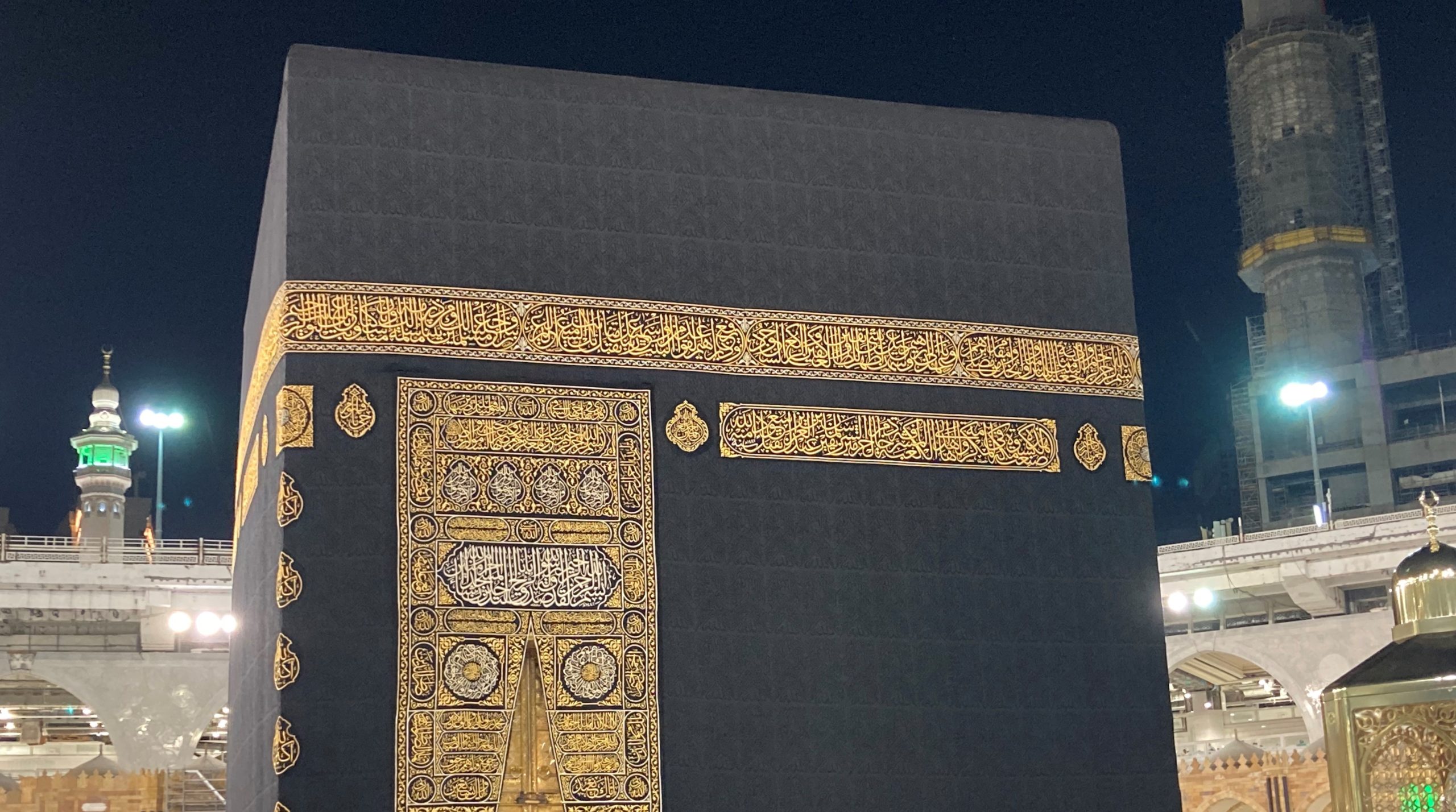Madinan, revealed right after the Battle of Badr, which was a turning point for the nascent Muslim community. This was the first battle between the Muslims and pagans, 13 years after the message was revealed.
Context to the Surah
Abu Sufyan’s caravan was traveling to Syria on its yearly trip to sell wares and needed to pass Medinah. The Quraysh, led by Abu Jahl, prepared an army of over 1000 people to battle the Muslims. Allah SWT granted the Muslims victory over one of these caravans. The Prophet Muhammad ﷺ saw a dream the night before the battle that the opposing army were few in number. The Ansar (the Helpers, the converted Muslims of Medinah) agreed to protect the Muslims only within the boundaries of Medinah. They did not agree to participate in the battles. A meeting was called to discuss this arrangement after which they agreed to be with the Muslim ummah.
Themes
- Divine laws of victory.
- Total reliance on Allah SWT.
- Ethics of warfare.
- Spoils of warfare.
- Ceasefire and peace negotiations.
- Spoils of war belong to Allah SWT and the Prophet ﷺ to divide.
Selected Verses
1: The distribution of the spoils of war is decided by Allah SWT and His Messenger.
7-8: The Muslims wanted to attack the unarmed caravan of Abu Sufyan. However Allah SWT had a higher goal for them, namely to fight the pagans, wipe out falsehood and establish His truth.
9: Prophet Muhammad ﷺ prayed all night before and on the morning of the battle, asking for Allah SWT’s help. Abu Bakr RA had to come to him and tell him to stop (“Allah SWT has heard you”). The Muslims were no match for the Makkans, outnumbered and with fewer supplies (weapons, horses, etc) but were reinforced with 1000 angels.
10: Victory comes from Allah SWT alone.
11: Allah SWT caused the Muslims to sleep peacefully the night before the battle and caused rain to fall on the morning of the battle. This refreshed them and also firmed up the sand so it was easier to fight upon.
12-13: Allah SWT spoke to the angels and told them to attack the Quraysh. Allah SWT is severe in punishment to whoever defies Him and His Messenger ﷺ.
17: It was not you O Prophet who threw (a handful of sand) at the believers it was Allah SWT. The Prophet Muhammad ﷺ prayed for their defeat and threw a handful of sand at them and Allah SWT caused a torrent of sand and pebbles to befall the pagans.
22-23: The worst of all beings to Allah SWT are those who do not understand, who fail to see and hear the truth. Had they had any goodness within them Allah SWT would have made them hear, but even so they would have turned away heedlessly.
28: Children and wealth are a test.
29: If mindful of Allah SWT, He will guide you to determine right from wrong, absolve your sins and forgive you. He is the Lord of infinite bounty.
30: Allah SWT is the best of planners, thwarting the disbelievers plans to capture or kill the Prophet ﷺ.
32-33: The pagans prayed to Allah SWT that if this message is the truth, then rain down stones or give them a painful punishment. Allah SWT would never punish them when the Prophet ﷺ was in their midst, nor would He punish them if they prayed for forgiveness.
38: If the disbelievers desist, then their sins would be forgiven, despite their previous persecution of the muslims and plotting against the Prophet ﷺ.
40: Allah SWT is your Protector – what an excellent Protector and what an excellent Helper.
41: One fifth of the spoils go to the state for distribution to the poor and needy. Four fifths go to the soldiers.
42-44: Allah SWT’s predetermination and gifts to the believers to ensure victory. Allah SWT made both the armies meet and made both armies seem fewer in number to each other to inspire and encourage the muslims and give false hope to the pagans.
45-47: When facing an enemy, stand firm (have unity) and remember Allah SWT often so you may triumph. Do not dispute with one another or be arrogant.
50: When the angels take the souls of disbelievers they beat their faces and back saying, “Taste the torment of burning.”
60-61: Preparation for warfare (and then place your trust in Allah SWT) and inclination towards peace if opportunity is there.
63: Allah SWT brings hearts together/unites people. Not all the riches of the world could achieve this. He united the two tribes of Ansar believers who were at war with one another for two generations, prior to Islam.
65-66: Being steadfast in the cause of Allah SWT. One steadfast believer would overcome 10 disbelievers. This ratio was initially 10:1, then reduced to 2:1 because Allah SWT knows there is weakness in humans.
67-69: Decision on how to deal with captives, mercy or punishment. The believers ransomed the captives (for worldly gains) but the better option would have been to send a message at this time when Islam was not established in the land, that is capital punishment. The believers were forgiven and ransom was permitted
70: If there is goodness in the hearts of the captives, Allah SWT will give them better than what has been taken from them and forgive them.
73: Disbelievers unite and support one another. The believers must also do the same – importance of muslim unity.
75: Only blood relatives are entitled to inherit from one another (others may be bequeathed up to one third of the estate).


Leave a Reply